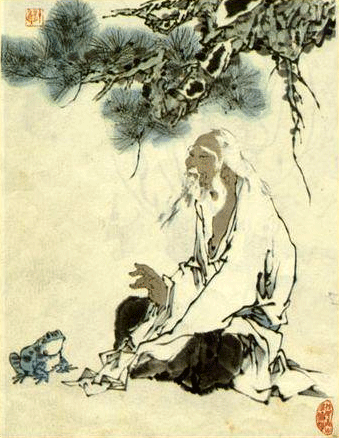Is there science behind ancient contemplative practices and, if so, how does it explain the powerful parasympathetic effect of meditation?
The element of “letting go” is at the heart of all ancient spirituality.
Letting go is this inner gesture of release – of whatever you are holding on to in the moment. Or rather – of what is holding you.
Until recently, this knowledge was intuitive and experiential. There was no science to confirm the powerful stress-reducing effects of meditation.
But in recent decades, an eye-opening correlation has been found between those ancient forms of spirituality and the activation of the so-called parasympathetic nervous system.
The California-based HeartMath Institute collected data from the functional MRI hooked to the brain of a person actively engaged in meditation.
The results were astounding! And they show why meditation has such a powerful parasympathetic effect.
What is the parasympathetic effect of meditation?
It turns out that the way we respond to a stimulus in the outer world determines what neural pathways will be activated in the brain.
If we respond to the stimulus with any sort of negativity – which on the physical level feels like tensing up, constricting, freezing, tightening, pushing away, shortening of breath, clinging, clutching, seizing, etc.) – we activate the so-called sympathetic nervous system.
In this case, our lizard brain (the oldest part of the brain that controls the fight and flight mechanism) gets a signal to start pumping stress hormones into our bloodstream and we feel this high-adrenaline fight-and-flight response.
However, if we respond with the inner gesture of release, letting go, and relaxing this inner resistance, we activate our prefrontal cortex – the rational part of the brain, which brings on a powerful parasympathetic response.
The parasympathetic effect of meditation is the result of the mental gesture of letting go.
It feels like opening up, inner softening, gentle yielding, accepting, consenting, allowing, embracing.
In other words, as soon as we stop resisting whatever we don’t like about the present moment and start welcoming it, our sympathetic nervous system shuts off and the parasympathetic turns on.
As a result, we switch from “fight and flight” to “rest and digest.”
Here’s how it happens in the so-called Centering Prayer – my favorite form of meditation.
Continue reading “The Powerful Parasympathetic Effect of Meditation – Science Behind Ancient Contemplative Traditions”









